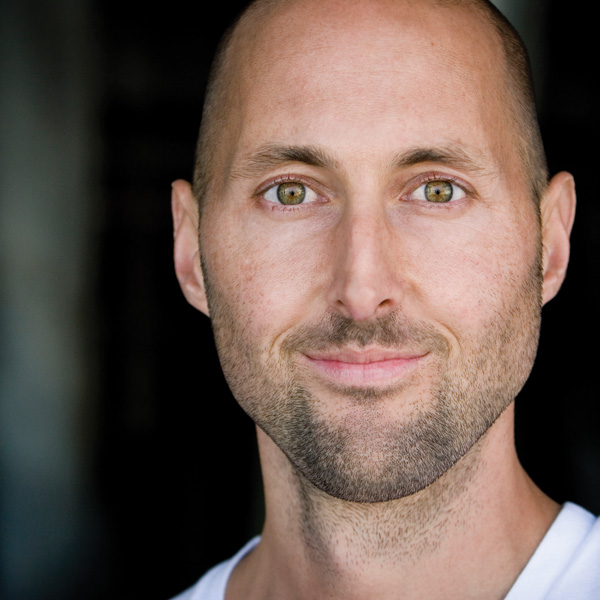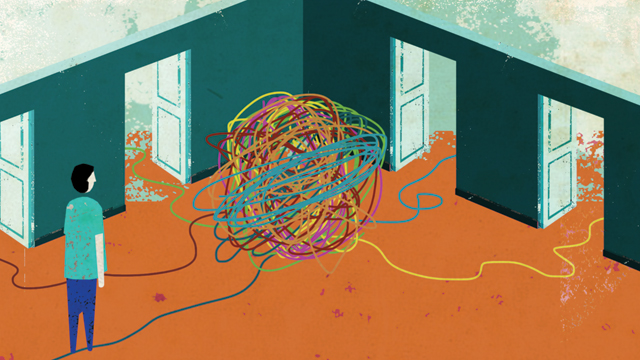Our Big Ideas series features selected key concepts drawn from Brian Johnson’s PhilosophersNotes, a compendium of brief PDF and MP3 summaries of 100 great books on life wisdom and personal development. Download the full-length PhilosophersNotes PDF and MP3 audio summaries for this book — free! — courtesy of PhilosophersNotes. Or check out the full collection of all 100 PhilosophersNotes at PhilosophersNotes.com.
“You need a very strong will in order to adopt the Four Agreements —
but if you can begin to live your life with these agreements,
the transformation in your life will be amazing.”
– From The Four Agreements by Don Miguel Ruiz
The Four Agreements by Don Miguel Ruiz is a really simple, really cool, really powerful book — one of the earlier books I read on my own journey, and one I think you’ll enjoy. Let’s take a peek at some of the Big Ideas in this book of Toltec wisdom.
1st Agreement: Be Impeccable With Your Word
Being impeccable with our word. This is big.
First, let’s look at how Ruiz defines the word “impeccable.” “Impeccable comes from the Latin peccatus, which means ‘sin.’ The im in impeccable means ‘without,’ so what impeccable really means is ‘without sin.’
“Religions talk about sin and sinners, but let’s understand what it really means to sin. A sin is anything that you do which goes against yourself. Everything you feel or believe or say that goes against yourself is a sin. You go against yourself when you judge or blame yourself for anything.
“Being without sin is exactly the opposite. Being impeccable is not going against yourself. When you are impeccable, you take responsibility for your actions , but you do not judge or blame yourself.”
So when we’re impeccable, we don’t use our word against ourselves by indulging in negative self-talk, guilt or shame. We also don’t use our word against others in blaming, criticizing or gossiping. We do what we say we will, honoring our commitments and only making commitments we intend to follow through on.
How’re you doing on those fronts?
(What if every word you uttered came true instantly? What if you were required to follow through on everything you said? How would your language change? Would you even be able to talk at all? For more see “The Power of Language“.)
2nd Agreement: Don’t Take Anything Personally
Why is this agreement such a big deal? Because, as Ruiz says:
“Nothing other people do is because of you. It is because of themselves.”
Let’s think about it. Imagine interacting with the same person in two different situations:
First situation: The person had an awesome day — she got a great night of sleep, won the lottery and every other thing that could’ve possibly gone well for her unfolded. She’s feelin’ great. How do you think she is going to treat us? Probably pretty well.
Second situation: Now, same person. This time, she got a really bad night of sleep, lost her job, got in a car accident, didn’t eat all day long and every other annoying thing that could’ve happened, happened. Not in such a good mood. How do you think she’s going to treat us now? Probably nowhere near as well as when she’s rested and happy.
The important thing to note here is that we were exactly the same in both situations. But if we base our opinion of ourselves on how someone else treats us, we’re in trouble.
Ruiz writes,
“When you make it a strong habit not to take anything personally, you avoid many upsets in your life. Your anger, jealousy and envy will disappear, and even your sadness will simply disappear if you don’t take things personally.”
3rd Agreement: Don’t Make Assumptions
Ruiz writes:
“We have the tendency to make assumptions about everything. The problem with making assumptions is that we believe they are the truth. We could swear they are real.
“We make assumptions about what others are doing or thinking — we take it personally — then we blame them and react by sending emotional poison with our word.
“That is why when we make assumptions, we’re asking for problems. We make an assumption, we misunderstand, we take it personally and we end up creating a whole big drama for nothing.”
Well, there ya go! The third agreement: Don’t make assumptions.
Are you making any assumptions about what someone’s thinking or doing? Can you see how the drama factor can go down dramatically (pun intended) if we just have the courage to ask what’s up?
As Ruiz says:
“The way to keep yourself from making assumptions is to ask questions. Make sure the communication is clear. If you don’t understand, ask. Have the courage to ask questions until you are as clear as you can be.”
So, let’s identify where we’re making some assumptions and have the courage to ask what’s up and get out of the drama of assumption-ville, shall we?!
4th Agreement: Always Do Your Best
More sage counsel from Ruiz:
“Under any circumstance, always do your best, no more and no less. But keep in mind that your best is never going to be the same from one moment to the next. Everything is alive and changing all the time, so your best will sometimes be high quality, and other times it will not be as good.”
We need to always do our best if we want to bring the other three agreements alive. And, of course, sometimes we’ll be totally on and our best will be amazing, and other times we might be a little tired and our best won’t be quite as stellar. Ruiz says: As long as it’s our best at that particular time, it’s all good.
Repetition Rules
“All of these old agreements which rule our dream of life are the result of repeating them over and over again,” Ruiz writes. “Therefore, to adopt the Four Agreements, you need to put repetition into action. Practicing the new agreements in your life is how your best becomes better. Repetition makes the master.”
Repetition, repetition, repetition. It’s the stuff of mastery. Let’s remember to practice these new agreements again and again and again and watch our best get better and better and better.
Download the Summary of The Four Agreements
Download the PDF summary of The Four Agreements.
About Don Miguel Ruiz
Don Miguel Ruiz born into a family of healers and raised in rural Mexico by a curandera (healer) mother and nagual (shaman) grandfather. The family anticipated that Ruiz would embrace their centuries-old legacy of healing and teaching and, as a nagual, carry forward the esoteric Toltec knowledge. Instead, distracted by modern life, Ruiz chose to attend medical school and later teach and practice as a surgeon. Ruiz began teaching in the United States with his mother, Sarita, in 1987 and eventually distilled the wisdom that became The Four Agreements.





This Post Has 0 Comments